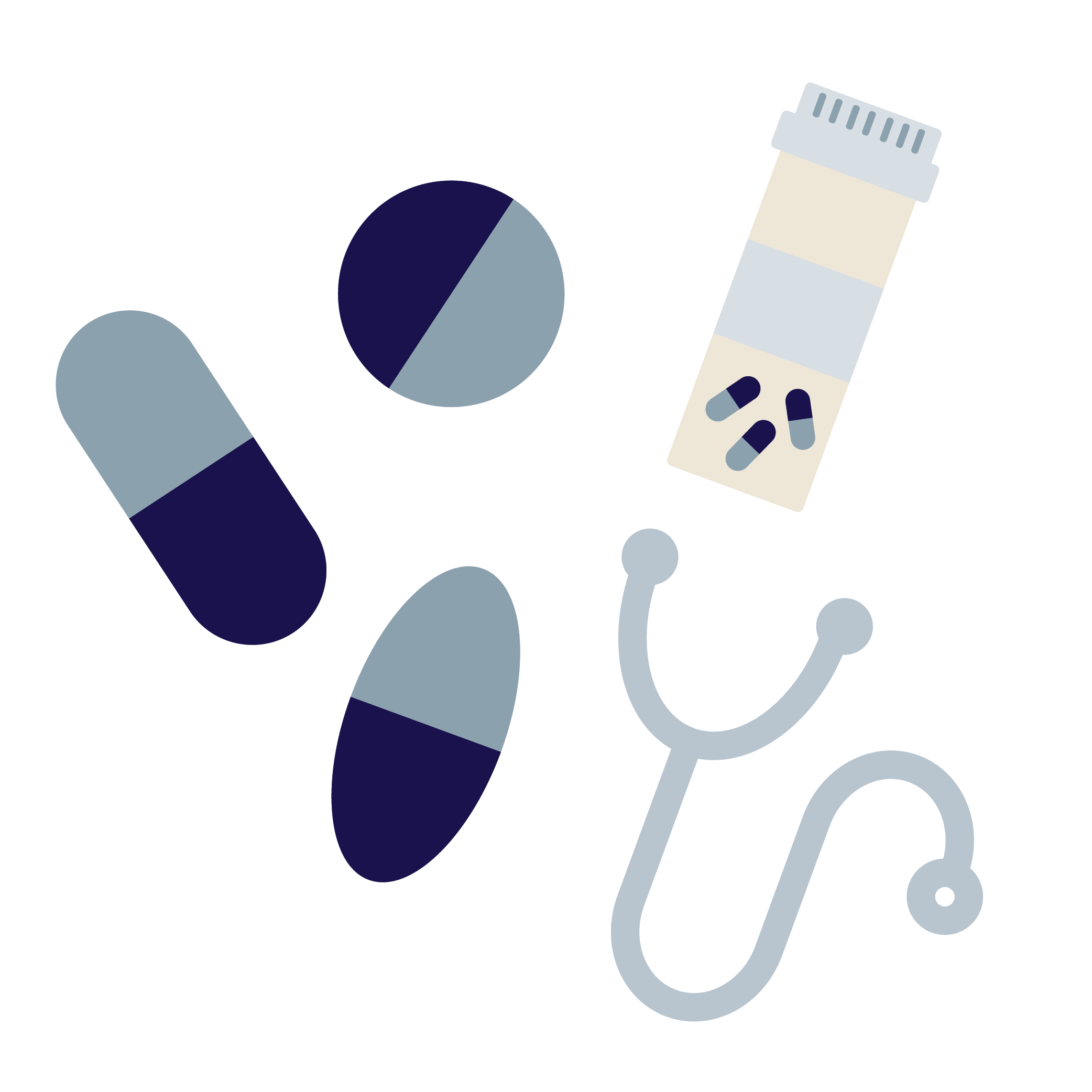
HIV — WHAT YOU NEED TO KNOW
What is HIV?
Human Immunodeficiency Virus (HIV) is a virus that weakens a person's immune system. This makes it hard for
that person to fight off other illnesses and infections.
These days HIV is a chronic condition much like diabetes — we can’t cure it but it can be kept under control.
But if the virus is left untreated it can lead to serious HIV-related illnesses, known as AIDS, and death.

What are the symptoms of HIV?
Most people who get HIV experience flu-like symptoms up to six weeks after they contract the virus.
This is known as a seroconversion illness. People often get a sore throat, fever and a body rash.
Unlike flu, they don’t usually have a stuffy nose.
After this, the virus continues to weaken your system but it could be years before there are noticeable
symptoms. These may include weight loss, night sweats and frequent bouts of diarrhoea.
Of course if you experience seroconversion symptoms after you’ve had unprotected sex, or show signs of
other illnesses years later, it doesn’t necessarily mean you have HIV. The best way to know your HIV status
and to look after your sexual health is to get tested. You can do this via our HIV test service.
What is a viral load?
Viral load is the amount of HIV in the blood. If your viral load is ‘detectable’ then you can pass on the infection through your bodily fluids. If you are HIV positive but take effective treatment, your viral load becomes ‘undetectable’ and you cannot pass on HIV.
How is HIV passed on?
If someone has a detectable viral load, they can pass on HIV through blood, semen, vaginal fluid, anal mucus
and breast milk. This means you can pick it up through unprotected sex, sharing needles and injecting
equipment, sharing sex toys and coming into contact with contaminated blood. A mother can also pass
it to her baby during pregnancy.
It can’t be passed on through saliva or sweat so you can’t catch it through kissing.
Am I at higher risk of catching it?
You’ll only be prescribed PrEP through this service if you have used oral PrEP before and think you have
a high chance of getting infected during sex. This could be if your partner has HIV or if you’re
having unprotected vaginal or anal sex.
If you think you’re at high risk for other reasons, like sharing needles and injecting equipment,
we can’t treat you through this service.
If you think that you have already been in contact with HIV, you should seek immediate advice from a
sexual health clinic as you may urgently need Post Exposure Prophylaxis (PEP) rather than the Pre-Exposure
Prophylaxis (PrEP) service that we’re offering.
Page last reviewed by: Dr. Christina Hennessey 21/06/2021

